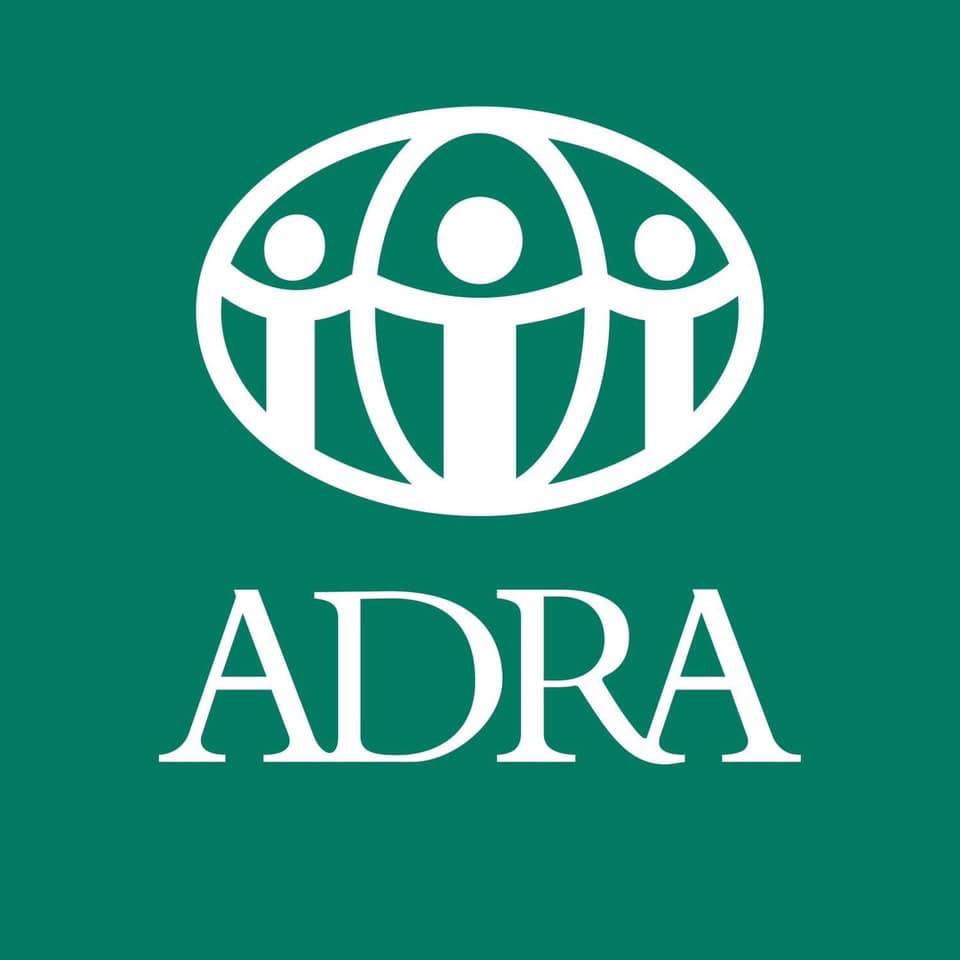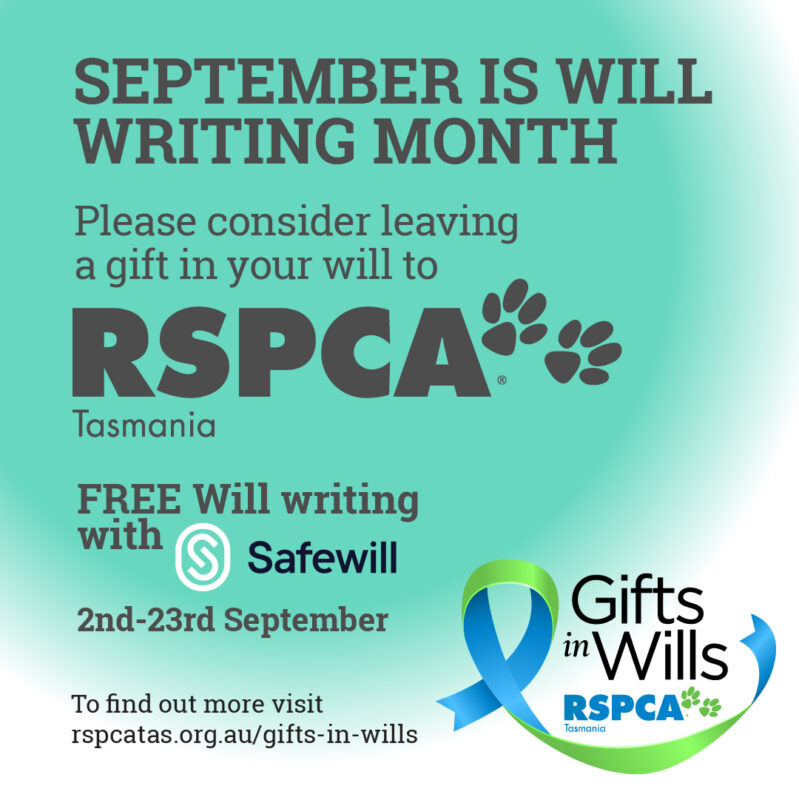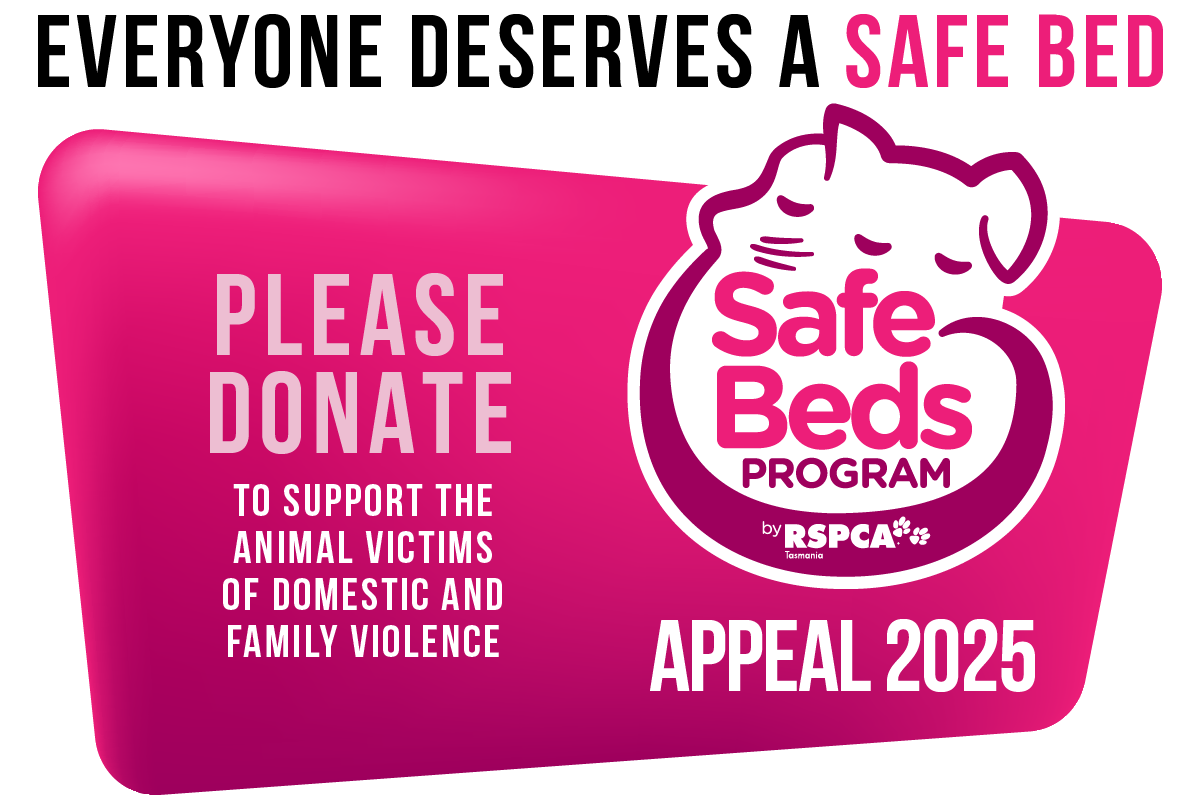Christmas may be the most wonderful time of the year for chocolates, treats and tinsel, but the festive season can also bring a lot of safety hazards and stress for our pets.
This Christmas, the RSPCA is encouraging pet owners not to share human food with their furry family members, and to be mindful of where they leave edible treats or festive decorations that may be toxic to pets.
RSPCA Chief Advocate, Jan Davis, says while many pet owners know chocolate is dangerous for dogs and cats, there’s also an array of festive foods that people indulge in over the holiday period that can be harmful to pets.
“I know it can be hard to resist a pair of puppy eyes begging for a piece of Christmas cake or a slice of ham, but your pet could become seriously ill if they eat what you’re eating these holidays,” Ms Davis said. “Animals digest food differently to people, and some foods which are safe for us can have severe health consequences if eaten by our pets.”
As well as chocolate, foods such as macadamia nuts, grapes or raisins in fruit cake, corn cobs, onions, turkey skin, pork crackling, and fatty meats all have the potential to be harmful to pets. Owners need to be extra vigilant at this time of year, as many will know how quickly pets can get into food they’re not supposed to. Gifts under the tree and food left on tables or in rubbish bags are common places where pets will often snaffle foods that can make them sick.
“The best way to avoid an expensive emergency trip to the vet this Christmas is to make sure you’re not sharing food with your pets, and that things like chocolate aren’t left under the tree or in a place where they can easily be reached by a curious cat or dog,” she said.
Pet owners should also be mindful of Christmas decorations that can be harmful to their animals. If swallowed, tinsel, ribbons, and other string like items can become wrapped up in the animal’s intestinal tract, causing serious and potentially fatal damage to their digestive system.
“Cats and kittens may find the Christmas tree and decorations such as tinsel and fairy lights appealing, but it goes without saying that this could be a recipe for disaster,” says Ms Davis.
“Make sure your tree is secured so it can’t topple over, and that lights are unplugged when you’re not home in case your pet decides to chew through a cord. It’s also a good idea to avoid tinsel, small decorations, and glass ornaments in case your pet tries to chew them.”
Christmas is the season of giving and there are plenty of other ways to spoil your pets. You can freeze pet food or put it into purpose-made puzzle feeders so your pets can gradually extract the food. Going for a walk or playing games in the garden after a big meal is also a great way to make sure your pet gets the attention they need, and it also helps to fight your own after-meal lethargy.
If you’re hosting Christmas at home this year, you need to give your best mate some special attention too. A busy home with lots of noise and new people can be stressful for some pets. Exercise your pet before guests arrive to help them (pets and guests!) relax. Create a safe place for your pet to hide, and make sure to clean up leftovers, wrapping paper, and any tisel and tree decorations in their reach. And make sure you know where they are, just in case someone accidentally leaves a door or a gate open.
If you think your pet has eaten something dangerous, you should call your local vet clinic immediately. Do not attempt to induce vomiting unless under veterinary guidance as this can be dangerous and actually cause more harm to your pets.
And last, but not least, do not leave your pet in the car – ever. Summer days can be deceiving and, what feels mild when you’re out and about, can be a death trap for an animal left inside a car. It can take less than six minutes on a hot day for your pet to suffer fatal consequences.
“When you’re relaxing over the next little while, we’d urge you to think about those animals who are not as lucky and loved as your pets. Christmasis the busiest time of year for animal welfare groups like the RSPCA. If you can, we hope you’ll consider joining us to help care for animals in need.”
“And from all of us at the RSPCA, thank you for your support. We couldn’t be more grateful.”
Common festive foods that are unsafe for pets:
- Fruit cake and Christmas pudding: raisins (and grapes) are dangerous for cats and dogs. They are toxic to their kidneys and can cause lethargy, excessive thirst, vomiting. In some cases even small quantities can be fatal.
- Alcohol and caffeine: cats and dogs are more sensitive to these drugs than people. Symptoms can range from vomiting and diarrhea to severe poisoning requiring medical treatment.
- Avocados: these contain persin which causes a range of symptoms in different species from vomiting and diarrhea to severe respiratory distress. Birds and farmed animals such as cattle, sheep and goats are particularly sensitive to persin but avocado should not be fed to any pets.
- Chocolate: for cats and dogs, chocolate can cause elevated heart rate, vomiting, diarrhoea and occasionally seizures.Dark chocolate and baker’s chocolate are the most dangerous for our pets but it’s best to err on the side of caution and keep all chocolate out of reach.
- Macadamia nuts: can cause vomiting, weakness and tremors if eaten by dogs.
- Onions and chives: these contain disulphides and sulfoxides, which can damage red blood cells if eaten by cats and dogs.
- Pits of peaches, plums, and persimmons: the pits are choking hazards that can cause blockages and damage to the intestine.
- Xylitol (a common ingredient in sugarless treats and sugarless gum): causes hypoglycaemia in dogs, which can lead to seizures and liver failure.
- Sweet-corn cobs: these can cause blockages in the small intestine that may need to be removed surgically. Don’t let your dog chew on the cob.
- Turkey skin/pork crackling/sausages/fatty meats: the high fat content can cause vomiting, bloody diarrhoea and may lead to pancreatitis.
Pet-friendly decorating tips:
- Make sure your Christmas tree is safely secured to the floor, wall or ceiling and cannot easily topple over.
- Skip the tinsel or keep it well out of reach from all pets.
- Switch to battery or solar operated candles.
- Decorate with shatterproof ornaments such as those made from plastic, wood or paper.
- Keep lights and small decorations out of reach of animals.
- Use plastic LED lights, they are cool to the touch, durable, and energy efficient.
- Cover and contain cords with plastic casing or tape them down.
- Unplug lights and other electronic decorations when you’re not home.
Best wishes to you and your family (be they furred, feathered, finned, or scaled) for a meowy kiss-mas and happy howly-days.
MEDIA CONTACT
Jan Davis, Chief Advocate – RSPCA Tasmania
Mobile: 0409 004 228
Email: jdavis@rspcatas.org.au
























